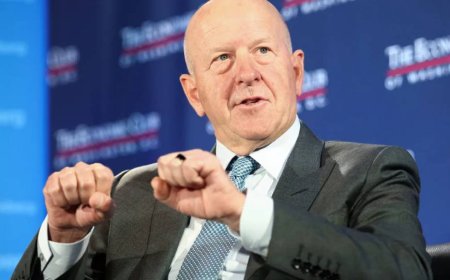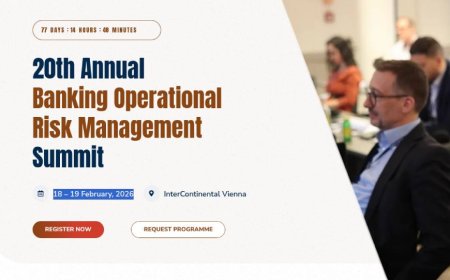Pfizer International Bank Europe
2012 the IFSC celebrated its 25th year as one of the world's leading financial services centres. The importance of the International Financial Services Centre to the Irish economy is indisputable. It has become one of the leading hedge fund service centres in Europe, and many of the world's most important financial institutions have a presence here. They employ an estimated 35,500+ people and pay

2012 the IFSC celebrated its 25th year as one of the world's leading financial services centres. The importance of the International Financial Services Centre to the Irish economy is indisputable. It has become one of the leading hedge fund service centres in Europe, and many of the world's most important financial institutions have a presence here. They employ an estimated 35,500+ people and pay about €1 billion in corporate taxes each year, with a further €1 billion going to the exchequer in payroll taxes.. Background Dublin's IFSC, which was set up by the Irish Government with EU approval in 1987, is globally recognised as a leading location for a range of internationally traded financial services, including banking, asset financing, fund management, corporate treasury management, investment management, custody and administration and specialised insurance operations. More than 500 operations were approved to trade in under the IFSC programme. The centre is host to half of the world's top 50 banks and to half of the top 20 insurance companies. Merrill Lynch, Sumitomo Bank, ABN Amro, Citibank, AIG, JP Morgan (Chase), Commerzbank,BNP Paribas and EMRO are just some of the big-name operations that have chosen to locate in the area. A sophisticated support network, including shared services centres, software development, and legal and accountancy companies, has also developed around the IFSC. The IFSC was established in 1987 under legislation designed to boost activity and employment in the Irish economy. The Government had identified the growth potential of the international financial services sector and recognised that Ireland had the capacity to develop in the industry because of its well developed financial infrastructure, a sophisticated internal and international communications system and a young and highly educated population. The Finance Act, 1986, introduced financial incentives to encourage urban renewal and investment by the private sector. The Finance Act 1987 established a special 10 percent corporation tax rate for certified companies setting up in the IFSC. From the end of 2002, this 10 percent rate ceased to apply to financial services companies, except for those operations that set up before before July 1998, which continued until the end of 2005. All other operations are now subject to the standard corporation tax rate of 12.5 percent on trading income. Since the 1st January 2006, companies in the IFSC in Dublin pay tax at the normal corporation tax rate of 12.5 per cent. The special IFSC rate ended in accordance with agreements between Ireland and the EU on state aid rules. The 12.5 per cent is still below the corporation tax rate of many of Ireland's European competitors; although several new EU countries from eastern and central Europe have also slashed their corporation tax rates to emulate Ireland's achievements in attracting foreign direct investment. Today, the IFSC economic activities now involve the export of internationally traded financial services. The IFSC also covers established support networks including legal and accountancy, financial software development, shared services and outsourcing service providers.
Address: The Watermark Building, Ringsend, Dublin 4, Ireland
Phone: +353 1 480 7000
FAX: +353 1 448 4698


































































































































